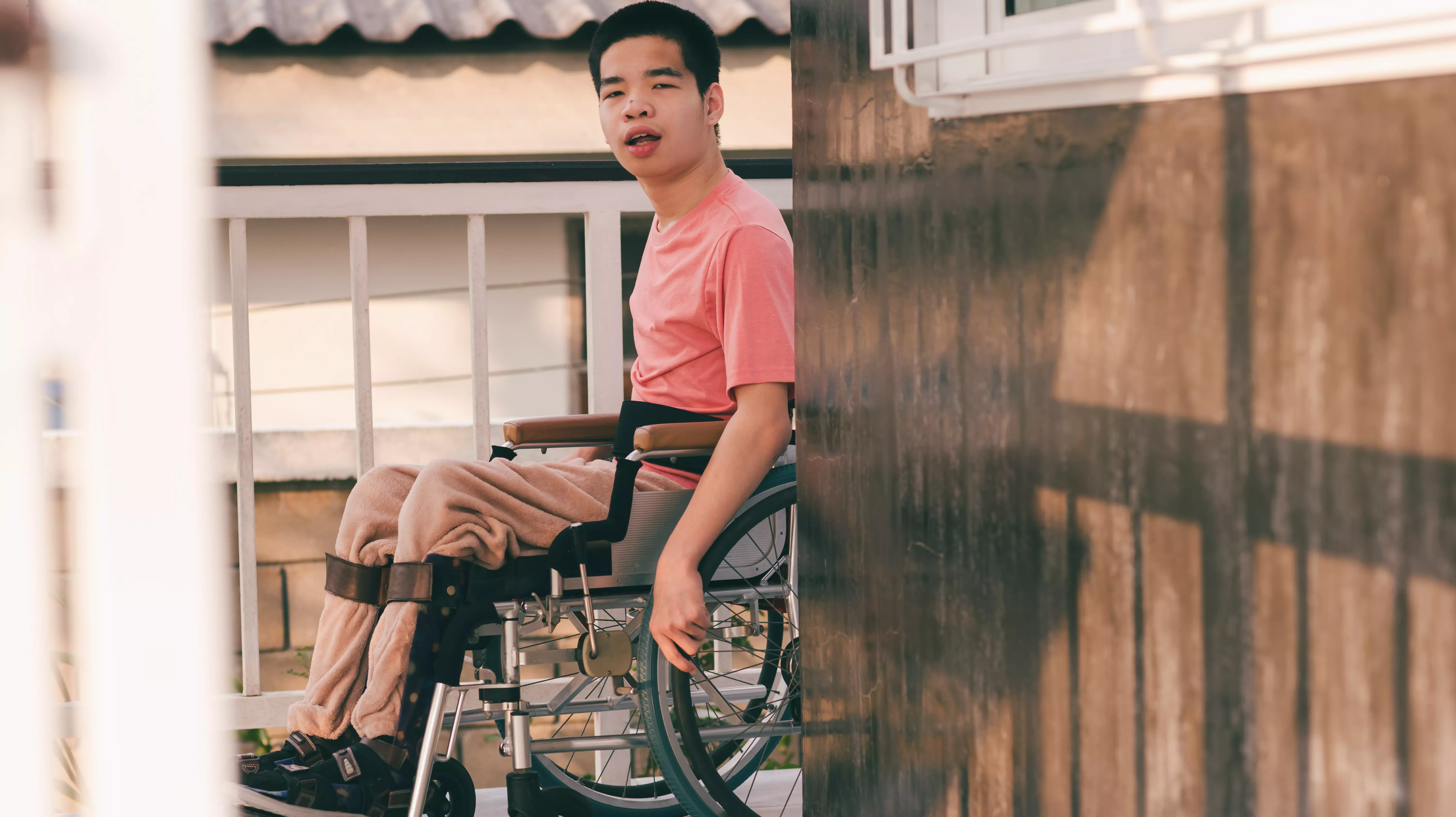Reproductive rights of people with disabilities in Asian countries
1. Introduction
In recent years, the reproductive rights of people with disabilities have become an increasingly important topic in society. Issues related to the reproductive choices of people with disabilities raise a lot of emotions and controversy. In this article, we will look at the reproductive rights of people with disabilities in Asian countries.
2. The right to decide about one's body
A fundamental right of every person, regardless of his or her disability, is the right to decide about his or her body. This right is recognized by many international organizations and legal documents, such as the Convention on the Rights of Persons with Disabilities. However, in some Asian countries, people with disabilities may face difficulties in realizing this right.

3. Cultural beliefs vs. reproduction
Culture, traditions and religion play an important role in shaping societal beliefs about reproduction. In some Asian countries, people with disabilities may face resistance from society, which may believe that people with disabilities should not have children. These beliefs may negatively affect the individual reproductive rights of people with disabilities.
It is worth noting, however, that not all Asian countries can be generalized in this regard. In some communities, people with disabilities are accepted and their reproductive rights are respected and protected. Countries such as Japan and Taiwan are taking measures to ensure equal rights and opportunities for people with disabilities in the sphere of reproduction.
4. The right to start a family
Every person, regardless of disability, has the right to start a family. This right is recognized by many national and international legal documents. However, there are laws in some Asian countries that may affect the ability of people with disabilities to start a family.
For example, in some Asian countries there are restrictions on marriage for people with disabilities, especially if disability is considered an obstacle to family life. These legal restrictions can be considered a violation of the reproductive rights of people with disabilities.
5. Support for people with disabilities in Asian countries
In recent years, many Asian countries have introduced various measures to support people with reproductive disabilities. Such measures include access to appropriate reproductive counseling, access to information on available reproductive options, and financial support for people with disabilities who want to start a family.
An example of such a country is Singapore, which has introduced a subsidy program for people with disabilities who have difficulty conceiving naturally. This program allows these people to take advantage of assisted reproductive techniques.
6. The need for education and public awareness
In order to guarantee the reproductive rights of people with disabilities in Asian countries, it is important to raise the level of education and public awareness about this issue. The public should be informed about the rights of people with disabilities and the need to respect them.
Education about disability and reproduction is also important for people with disabilities themselves. They need to have full knowledge of their rights and available reproductive options in order to make informed decisions about their family future.
7. Summary
The reproductive rights of people with disabilities in Asian countries are still being debated and fought for equality. However, many countries are taking steps to ensure equal rights and opportunities for people with disabilities in the reproductive sphere. It is important to educate the public and raise awareness about these rights so that people with disabilities are fully supported and able to make informed decisions about their reproductive future.
Add comment